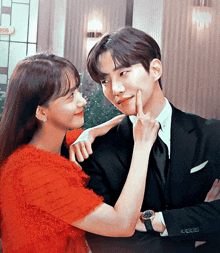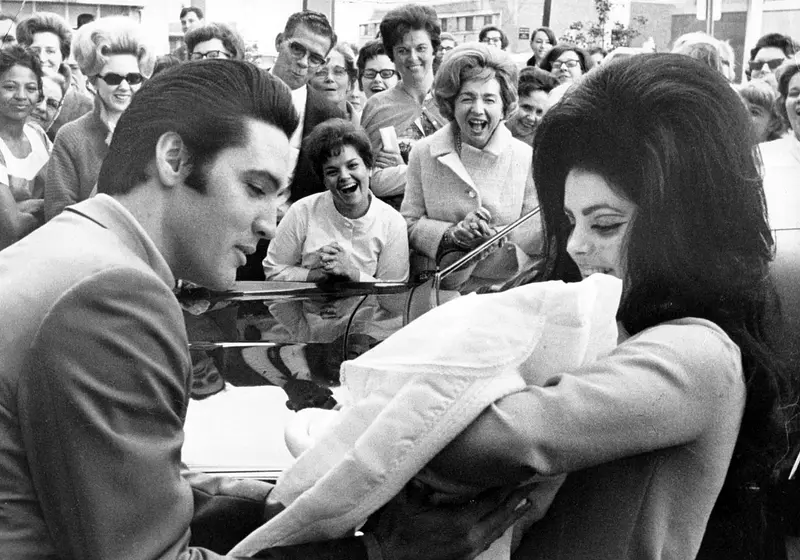Sofia Coppola, the maestro of cinematic enchantment, has woven a tapestry of dreams across the silver screen, guiding audiences through the labyrinth of emotion and experience. Her filmography reads like a novel, each chapter a nuanced exploration of the feminine spirit. From the ethereal melancholy of "The Virgin Suicides" to the sun-soaked introspection of "Lost in Translation," the decadent revelry of "Marie Antoinette," and the latest addition, "Priscilla," Coppola's films beckon viewers into a world where vulnerability reigns, and the magic of being human takes center stage.
In her debut feature, "The Virgin Suicides," Coppola exhibited a unique ability to infuse the screen with a nostalgic haze, capturing the essence of sisterhood and the tender complexities of adolescence. The Lisbon sisters, ethereal and tragic, became the embodiment of Coppola's distinctive lens on femininity. As the camera unraveled the enigmatic tale, it set the stage for the filmmaker's trajectory—a journey through the emotional landscapes of girlhood and womanhood.
"Lost in Translation" emerged as a love letter to the transient connections that define our lives. Against the neon-lit backdrop of Tokyo, Bill Murray and Scarlett Johansson navigated the delicate dance of loneliness and connection.
Coppola's direction allowed the audience to eavesdrop on the whispers of a fleeting bond, capturing the universal sense of disconnection that often accompanies the human experience. The film not only showcased Coppola's keen storytelling but also heralded her mastery of atmosphere, where each frame felt like a poem, each silence a poignant note in the symphony of existence.
The candy-colored rebellion of "Marie Antoinette" marked a departure from the conventional period drama. Coppola infused the opulent court of Versailles with a modern vibrancy, embracing anachronisms and a soundtrack that echoed with contemporary rebellion.
Kirsten Dunst's portrayal of the ill-fated queen was a revelation, showcasing the strength and vulnerability beneath the layers of silk and decadence. Here, femininity wasn't confined by historical norms but became a dynamic force, both bold and delicate, as Coppola shattered the expectations of a period piece and transformed it into a vivacious celebration.
Now, in the dawn of a new chapter, Coppola unveils "Priscilla," a whimsical addition to her oeuvre. The film invites audiences on a kaleidoscopic journey through girlhood, exploring the vibrant spectrum of identity, friendship, and the bittersweet symphony of growing up. With infectious charm, the breakout star playing Priscilla dances through a world filled with chaos and color, navigating the rollercoaster of self-discovery with Coppola's trademark tenderness. "Priscilla" is a testament to Coppola's enduring ability to capture the pulsating heart of the female experience, infusing it with a touch of fantastical flair.
Coppola's films aren't just narratives; they're invitations. An invitation to step into a world where vulnerability is a strength, where imperfections are not flaws but brushstrokes on the canvas of life. Her cinematography, marked by intimate close-ups and dreamy visuals, serves as a vessel, transporting audiences into a realm where the every day is extraordinary. The directorial signature isn't just in the stories she tells but in the way she tells them—with a warmth and intimacy that feels like a whispered secret shared between friends.
In a cinematic landscape often dominated by male perspectives, Coppola stands as a cinematic alchemist, turning the camera into a mirror that reflects the varied hues of the feminine experience. Her films are an ode to the power of the female gaze, where emotions aren't just seen but felt, where the complexities of womanhood are explored with nuance and grace. As the industry continues to evolve, Coppola remains a guiding light, proving that stories made for girls, by a girl, can resonate universally.
Sofia Coppola's cinematic odyssey is a celebration of life's messy beauty, a testament to the fact that the ordinary can be extraordinary and that the most powerful stories are often the most human ones. With each film, she invites us to join her on a journey through the whimsical wonderland of film magic, where dreams, emotions, and the raw essence of being collide in a symphony that lingers long after the credits roll. So here's to Sofia Coppola, the conjurer of cinematic spells, whose enchantment continues to captivate hearts and minds, one frame at a time.

















